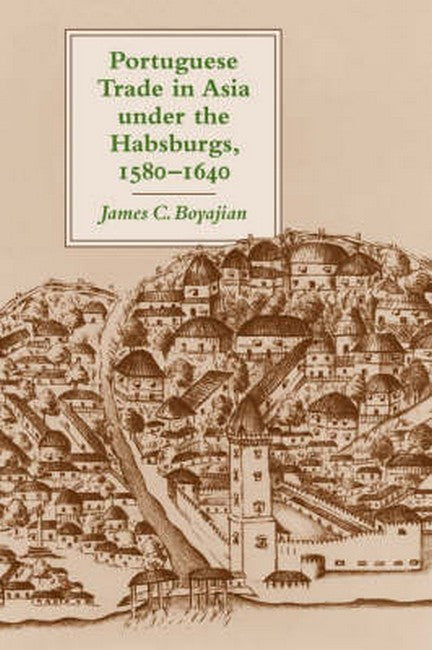This fascinating history reassesses the consequences of Portugal's flourishing private trade with Asia, including increased tensions between the growing urban merchant class and the still-dominant landed aristocracy. James C. Boyajian shows how Portuguese-Asian commerce formed part of a global trading network that linked not only Europe and Asia but also -- for the first time -- Asia, West Africa, Brazil, and Spanish America. He also argues that, contrary to previous scholarly opinion, nearly half of the Portuguese-Asian trade was controlled by New Christians -- descendants of Iberian Jews forcibly converted to Christianity in the 1490s.

